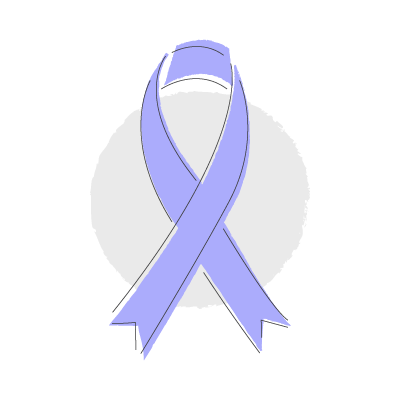|
Getting your Trinity Audio player ready... |
Oesophageal cancer is one of April’s trio of cancer types.
The oesophagus, or gullet, is part of the digestive system, also known as the gastro-intestinal (GI) tract. It is a muscular tube that connects the mouth to the stomach.
There were 511,054 new cases of oesophageal cancer worldwide in 2022, with a disparity in incidence rates in different regions. Oesophageal cancer is the 11th most common cancer worldwide. It is the 7th most common cancer in men and the 16th most common cancer in women (World Cancer Research Fund)
Types of oesophageal cancer
There are two main types:
- squamous cell carcinoma – this develops in the thin, flat cells of the mucosa, which lines the oesophagus
- adenocarcinoma – this develops from glandular cells and is often linked with Barrett’s oesophagus.
Cancers in the upper or middle oesophagus are usually squamous cell carcinomas. Cancers in the lower oesophagus tend to be adenocarcinomas. This includes cancers that develop in the area where the oesophagus joins the stomach.
There are other, rarer types of oesophageal cancer, with different treatments than described below. They include:
- poorly differentiated neuroendocrine cancer
- small cell cancer
- soft tissue sarcomas, such as gastro-intestinal stromal tumours (GISTs).
Symptoms
The most common symptom of oesophageal cancer is difficulty swallowing. This symptom might be caused by other conditions, of course, but it is worth getting it checked by your doctor, who can arrange tests or refer you to a specialist if required. Other symptoms, according to the Australian cancer council, can include
- persistent indigestion or heartburn.
- bringing up food soon after eating.
- loss of appetite and weight loss.
- persistent vomiting.
- pain or discomfort in the upper abdomen, chest or back.
- a persistent cough.
- tiredness, shortness of breath and pale skin
Causes
We do not know exactly what causes oesophageal cancer, but certain risk factors can increase the chance of developing it. The main ones include:
- long-term acid reflux
- lifestyle : obesity, smoking, excess alcohol
- gender (it’s more prevalent in men)
- age (typically over 60 or later
Diagnosis
If your doctor has concerns, you will tend to be referred to a hospital for an endoscopy.
This is a test that looks at the lining of the oesophagus, stomach and duodenum (the first part of the small bowel). Endoscopies can also be used to give treatment.
If the biopsy results from the endoscopy show there are cancer cells, a specialist (a surgeon who specialises in oesophageal and gastro-intestinal cancers, or a gastroenterologist who specialises in treating oesophageal, stomach and digestive problems) will arrange for more tests to determine
- which layers of the oesophageal wall are impacted
- if the cancer has spread outside the oesophagus.
These tests may include:
- Blood tests
- Chest x-ray
- CT scan
- PET-CT scan
- Endoscopic ultrasound (EUS)
- Laparoscopy
- Barium swallow
Treatment
Treatment for oesophageal cancer depends on:
- cancer type
- location in the oesophagus
- the stage of the cancer
- general health
- personal choices.
These treatments may include:
- Surgery, either to remove the cancer or relieve symptoms.
- Chemotherapy
- Radiotherapy
- Chemoradiation
- Targeted therapy
- Immunotherapy
The treatments can be used alone or in combination with each other.
In the case of advanced oesophageal cancer, treatment such as chemotherapy, radiotherapy or targeted therapies. These will not cure the cancer, but they may be able to shrink and control it for a time and improve symptoms, such as difficulty swallowing.
Well-being and recovery
It can take a few months to recover from treatment for oesophageal cancer. And it may take up to a year for the patient to adjust to changes in their digestive system.
Eating well and keeping active have been shown to improve health and wellbeing, aiding recovery.
This article is a summary of information available from Macmillan cancer support
The awareness colour for oesophageal cancer is periwinkle. That’s very specific don’t you think? So specific, we don’t actually have any merch’ in that colour!
Main image via Healthline




